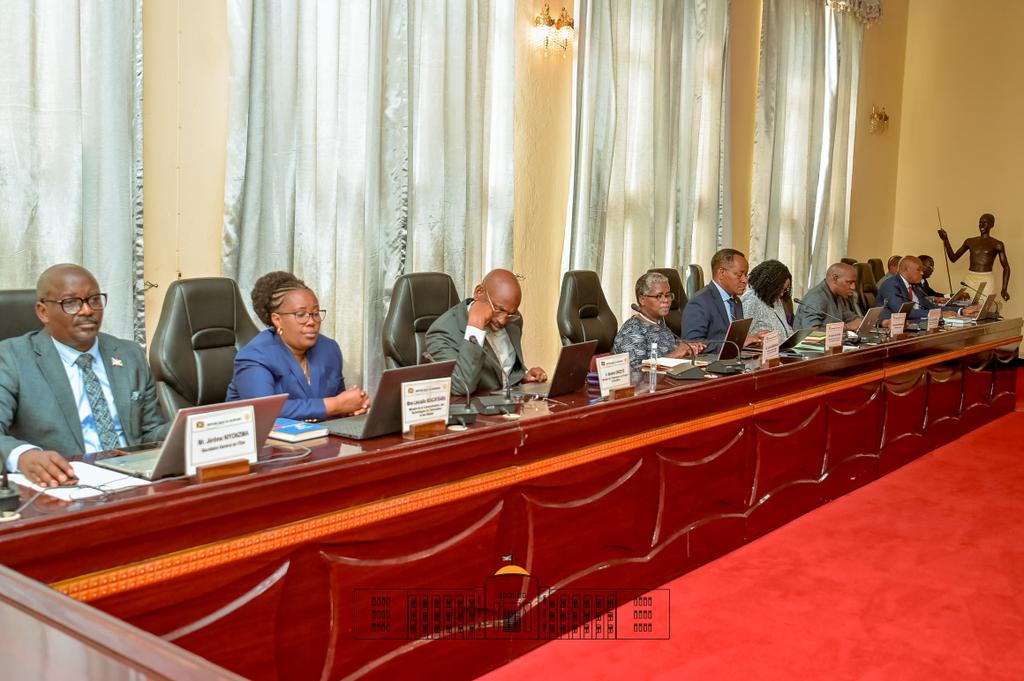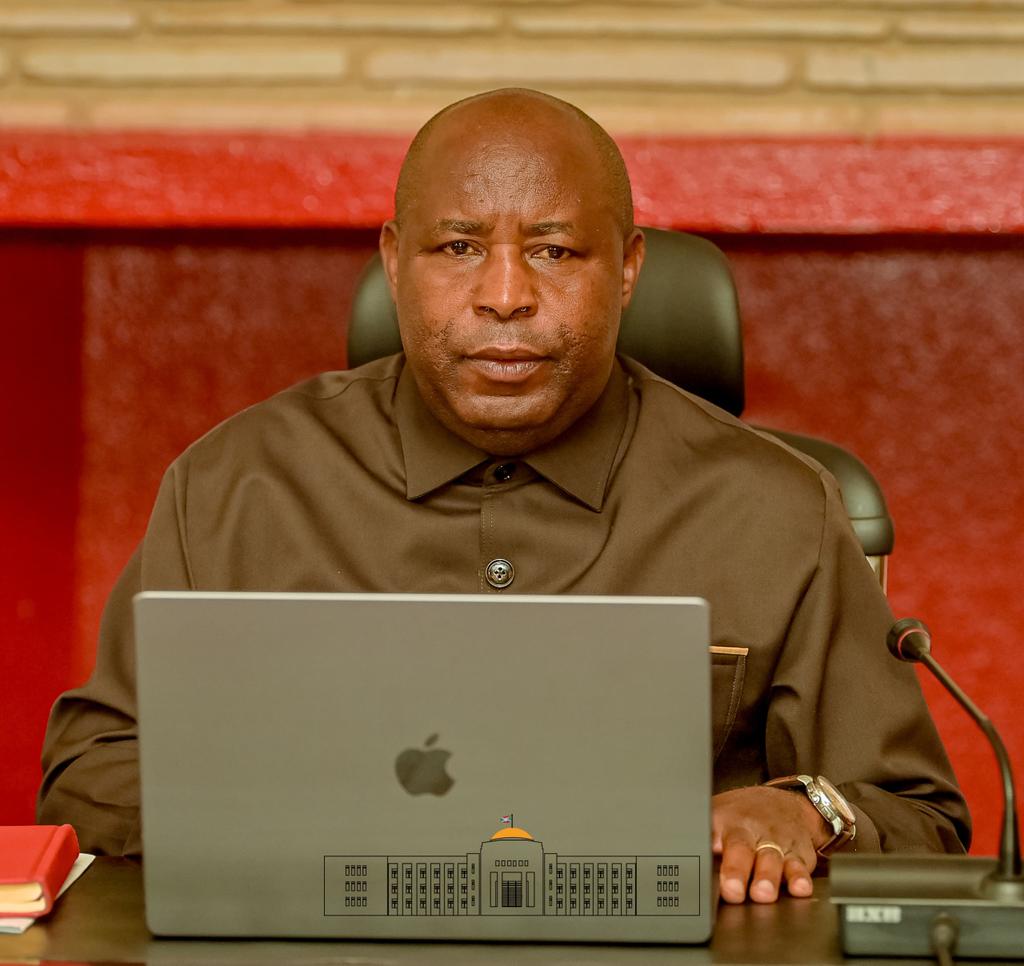BUJUMBURA, September 24th (ABP) – The Cabinet met on Wednesday, September 18, 2024 in Gitega, under the chairmanship of the President of the Republic, Evariste Ndayishimiye, with 6 items on the agenda.
According to that press release, in the first presentation made by the Minister of the Interior, Community Development and Public Security on the draft law revising Law No. 1/02 of March 3, 2016 on the reform of municipal taxation in Burundi, it was indicated that this revision aims to allow the municipality to self-invest, provide basic services to the population and position itself as a center of economic development. According to the same press release, Law No. 1/02 of March 3, 2016 on the reform of municipal taxation attempted to resolve this problem but came up against the lack of distinction between the taxable material of the State and that devolved to the municipality. This aspect resulted in double taxation of the taxpayer, thus generating discontent among the taxpayer and tax evasion, the same press release specifies.
Another obstacle is that the tax rate is defined differently by the Municipal Council in each municipality, thus resulting in a differentiated application of taxation from one municipality to another. Such taxation means that taxpayers prefer to leave their municipality to carry out their activities and commercial transactions in the least demanding municipality.
The press release specifies that this bill proposes solutions to those challenges. The main innovations retained in the bill include the determination of a tax field specific to the municipality, the enumeration of the principles on which municipal taxation is based, the digitalization of the methods of collection, management, awarding of public contracts and control of municipal taxation.
Following the analysis, the bill was passed and amended with substantive and formal corrections.

Secondly, the sectoral strategy document of the Ministry of Hydraulics, Energy and Mines, presented by the supervisory minister, was analyzed. This document provides a diagnosis of the state of affairs and the challenges that undermine the hydraulic sector, the energy sector and the mining sector in order to align with the national vision 2040-2060, the government’s priority programmes, the objectives and strategies of the programmes and projects of the revised National Development Plan (NDP). It highlights the sectoral objectives, the actions to be carried out, the expected results and the means necessary for the success of the various programmes and projects in these three areas.
The Cabinet also analyzed the draft decree on the creation, missions, organization and operation of an inter-ministerial strategic steering committee responsible for coordinating the implementation of the national development cooperation strategy, presented by the Minister of Foreign Affairs and Development Cooperation. According to that press release, this inter-ministerial strategic steering committee is a body responsible for leading the entire process of coordinating the contributions of development partners, so that Burundi’s development cooperation system is dynamic and efficient, and thus contributes to its sustainable development and its influence on the international scene.

